For those unfamiliar with the term, ARC refers to an Advance Reader Copy of a book soon-to-be-published. They are given away by the publisher (and sometimes by the author) to reviewers and librarians and bookstore owners and anyone else that the publisher or author or marketing staff believes will benefit book sales upon release of the book. They often contain numerous small and large errors (typesetting or formatting for example) that are revised and corrected prior to final publication so are not exactly the best ‘face’ of the book for general consumption.
To put it in perspective, there are a large number of format errors in my book, HENRY FRANKS. These range from the minor (two lines of dialogue on the same line so only the quotation marks enable to reader to know that two different people are talking) to the major (an occasional chapter begins on the next line from the end of the previous chapter as opposed to beginning on the next PAGE). These are all simple to fix but if you’re going to read the book, I’d obviously prefer you read the corrected version as it’s hopefully a better book that way.
With the advent of the wonderful book bloggers and the opening up of such conferences as the American Library Association annual conference to anyone who wants to pay the small daily fee, ARCs are now far easier for everyone to acquire. Which led to this blog post when someone put an ARC of HENRY FRANKS up for sale on eBay (the final bid was $0.99 by a fellow author who will be hosting a giveaway of that ARC at a later date). I can’t say that I was surprised to see it on eBay and in the grand scheme of things it’s not the end of the world or anything. But it did make me wonder what other industry professionals thought of the trend of ARCs being sold. (eBay does have a VERO program (Verified Rights Owner) that enables the ‘owner’ of the ARC, which would be the author from what I understand, can request the sale be canceled. This takes time and effort but does work I’ve been told)

Steven Pomije (Publicity Director at FLUX) and Katie Kane (National Account Rep. at FLUX) at the 2012 ALA conference holding ARCs
So, the easiest ‘pro’ to ask would, of course, be my own publisher. Flux has been tremendous to work with and put together a beautiful book for HENRY FRANKS and I couldn’t be happier to have this book there. I asked Steven M. Pomije, Publicity Director for Flux,what Flux thought of this subject and was very grateful that not only did Steven take the time to respond but he did so knowing that I would be posting his quote:
“As Publicity Director at Flux Books, and a book industry professional for over fifteen years, it perplexes me a bit that the topic of ARCs showing up on sale is now showing up in trade news articles and author blogs. Although it’s a minor concern to publishers as it is impossible to monitor, due to the limited quantities of ARCs made available by the publisher, we know these incidents are comparatively rare. Secondly, advance reader’s copies are owned by the publisher as marketing tools for prepublication promotion, and solely distributed to vetted book and media industry professionals. We inside the industry must trust, as we’ve always done, that the positive impact on title exposure by distributing these industry tools is greater than worrying about if one reviewer somewhere pawned off an ARC to a used bookstore (and YA fiction is still one of the largest grossing genres in the industry today.) Thirdly, publishers have staff who monitor sales threats. Justifiably, our priority is on real pirating at the finished copy level.”
As you can see from Steven’s response, worrying about any one particular ARC showing up somewhere should be far down the list of ‘things-to-worry-about-before-my-book-comes-out.’ The way I had been looking at it before hearing from Steven was that ‘hey, someone thinks my book is worth selling’ which, to me, seemed to be, if not a ‘good’ thing then definitely not a ‘terrible’ thing.
Due to the nature of the discussion, I also asked other industry professionals and received a slightly different take on the matter from Kathy Landwehr, Vice-President and Associate Publisher at Peachtree Publishing:
“I think selling ARCs on eBay, or through other sites, is Not Good. First of all, neither the author nor the publisher has been compensated. Second, the book’s not final. Third–that’s not what they’re for, and I think in some ways, this is the worst. Publishers create ARCs to make a specific connection between a book / author and an infuential reader. Those people are intermediaries with the rest of the world–not resellers. I think selling ARCs violates the spirit of that agreement. When I see the crazy ARC grabs at conferences, I worry that books, which I think are special and unique, are being viewed as a random product whose primary value is that it’s free.
There’s one exception I haven’t figured out yet, and that’s collectors. I do understand why someone who collects the work of a particular author might be interested in owning an ARC as an artifact of the evolution of a particular work. That’s a different kettle of fish, but I think those people are a tiny, tiny part of the population.”
Again, there is a definite concern about the sale of ARCs taking away from the intended purpose they have: namely, helping to sell/market the finished book. As an author I was able to sort-of ignore the sale of one or two ARCs of HENRY FRANKS on eBay, I do not think I’d feel the same if forty-seven of them showed up, all being sold by a handful of individuals who snagged copies at a conference. That does directly impact the utilization of the ARC (which are published in limited numbers so having a large quantity taken out of the marketing equation would be detrimental to the final product).
For an agent’s perspective I asked my own agent, Ammi-Joan Paquette (who is a published author herself):
“Hmmm, there’s not too much you can do. I know some people email eBay and try to get the auctions shut down—I think there has been some success with this, since the copies say “do not sell” and eBay will close them if bugged enough. But it may be a losing battle on a wider scale, since it’s something that’s unfortunately very prevalent across the book world.”
For more thoughts on the subject, I turned to fellow authors:
L.B. Schulman, author of League of Strays:
“This is very common. Happens to everyone, from what I have read on this. Mine is up there too. Most authors say ignore it. More serious are the thousands of dollars we will lose to illegal downloads of the book. Sigh. That’s coming down the pike.”
Natalie Dias Lorenzi, author of Flying The Dragon:
“I ended up buying two of my ARCs on ebay a few months ago because I knew no one else would, and I hated the idea of having them dumped somewhere when I could be giving them to reviewers. In retrospect, I should have let it go so that the sellers didn’t make any money from my ARCs.”
As you can tell, this is a subject that affects most authors/publishing houses but that doesn’t seem to have a ready solution to hand. Yes, eBay will pull auctions if they’re contacted but that does take time and effort which an author can probably put to better use. Plus it might not work quickly enough to prevent the sale. It also probably leaves the ARC in the hands of the seller who could always re-list the auction or sell it to a used book store. It’s not the most elegant of work-arounds, is it?
Ignoring it (which I went with) seems to be the prevalent act at the moment. With the increase in digital ARCs being distributed as well as the overall trend towards eReaders in general, perhaps this issue will disappear eventually without any active participation of the publishers/authors. In the meantime, if you want to read a good book, keep in mind that ARCs aren’t the same as the finished product (it’s sort of like going to see one of the preview performances of a Broadway musical. Sure, you’re seeing the show but it’s not THE SHOW yet).
Only when the curtain officially goes up (which, in my case, is less than a month away) and there is no longer a big banner somewhere on the cover saying ‘ADVANCE READER COPY: Uncorrected Proof. Not For Sale’ (or other similar words) can you be sure that what you’re reading is the real performance.
Applause, as always, is greatly appreciated.
UPDATE: Well, a new ARC of HENRY FRANKS has now gone up for auction on eBay so I figured I’d mention it. Know what my main thought is? It would have been nice if they had at least taken the time to spell my name right: Peter Alan Salomon? Really?




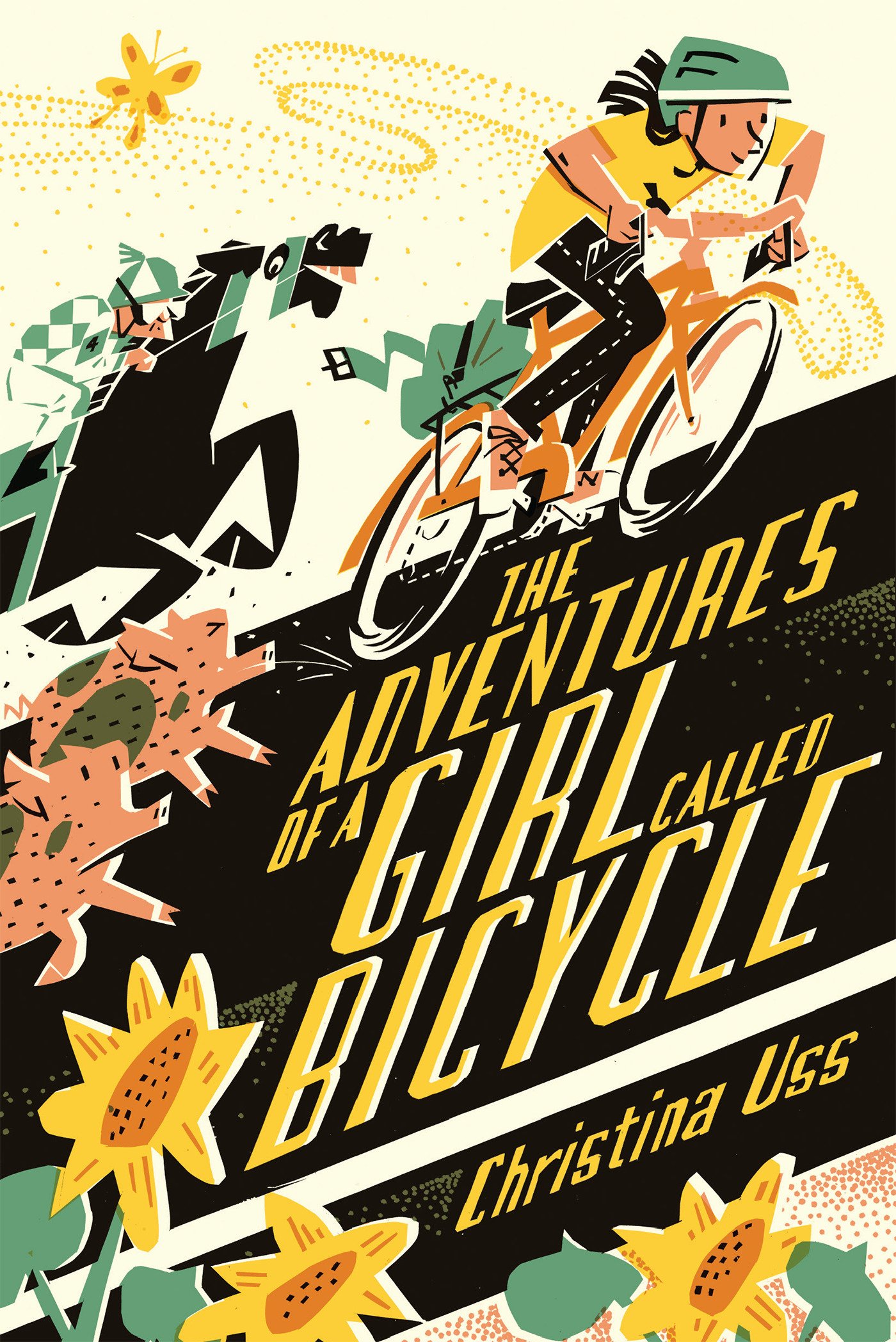






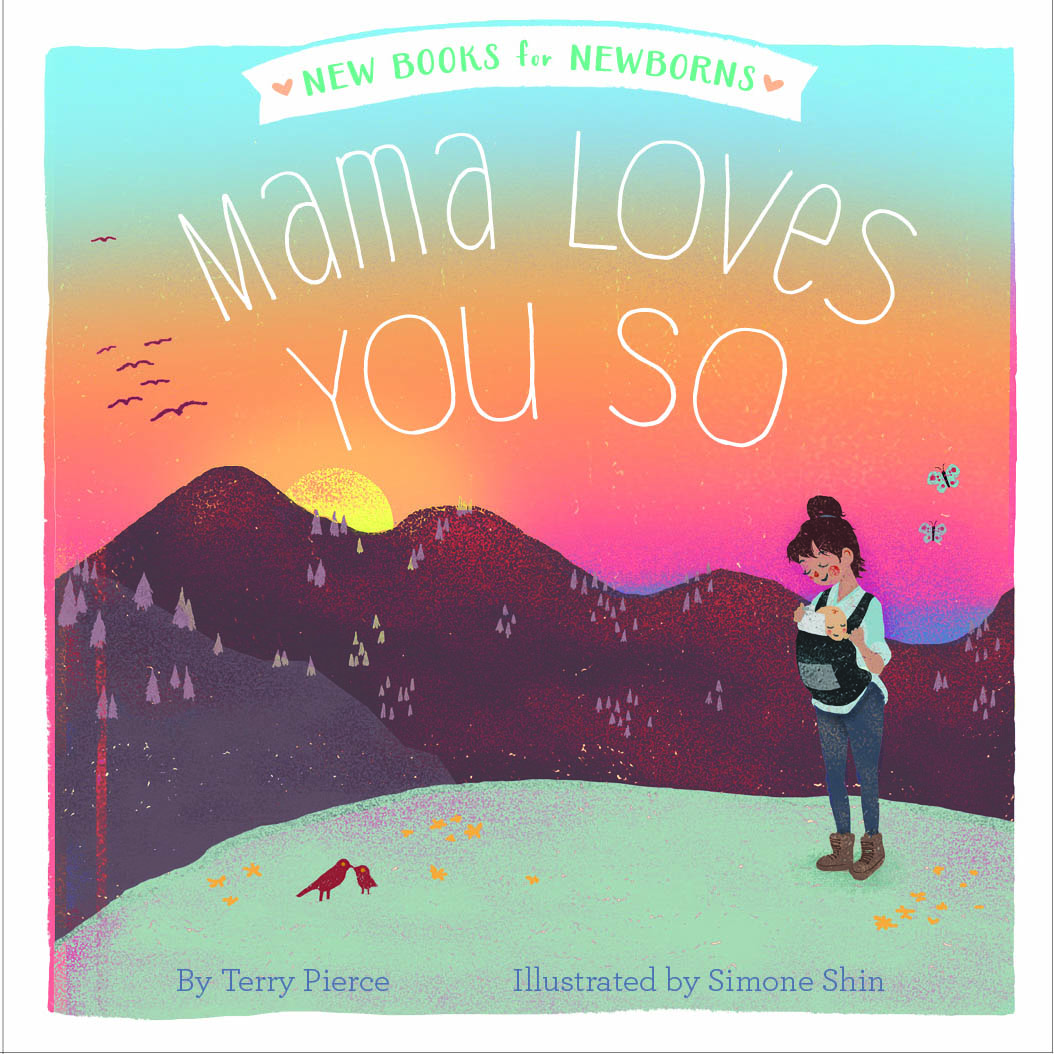
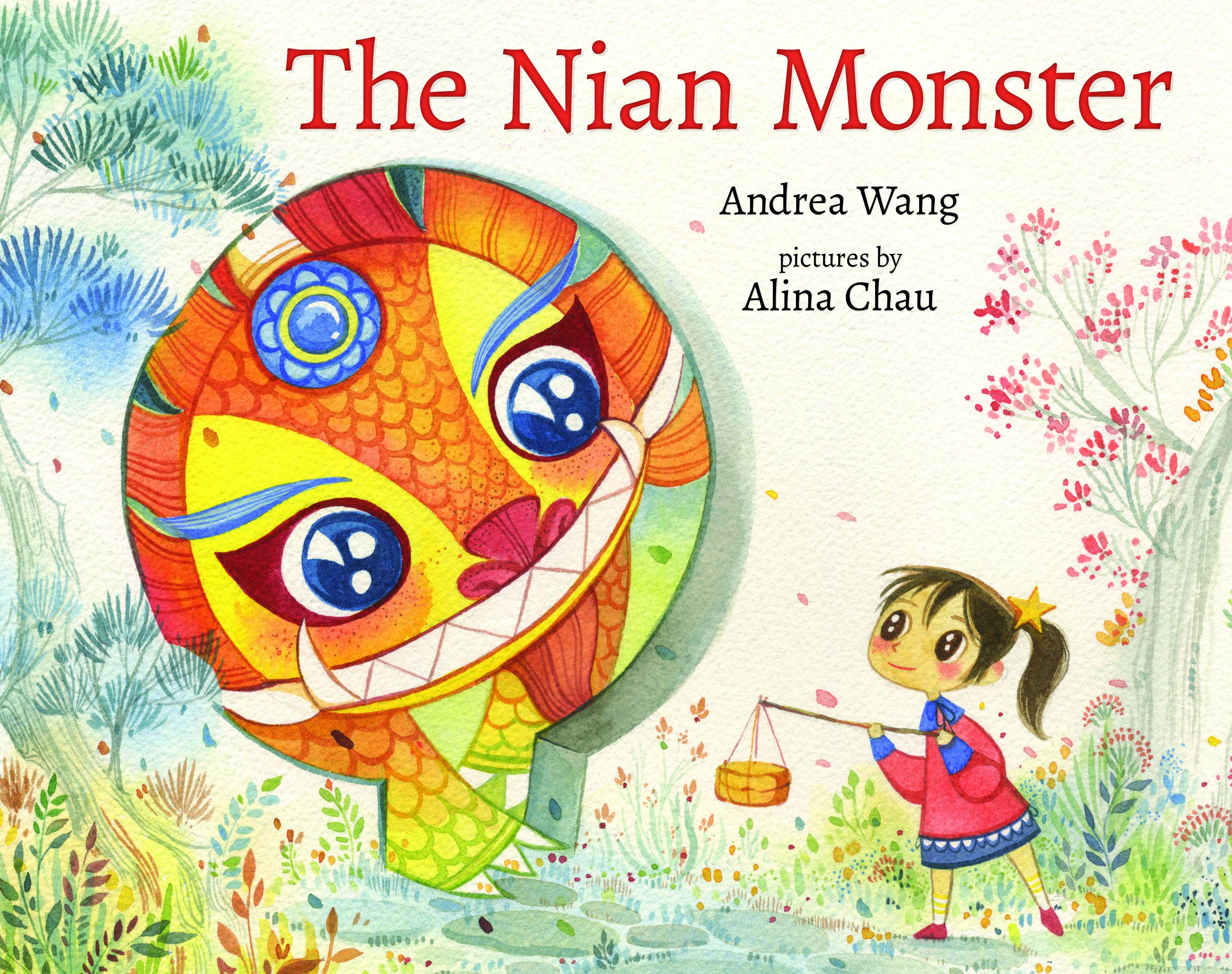
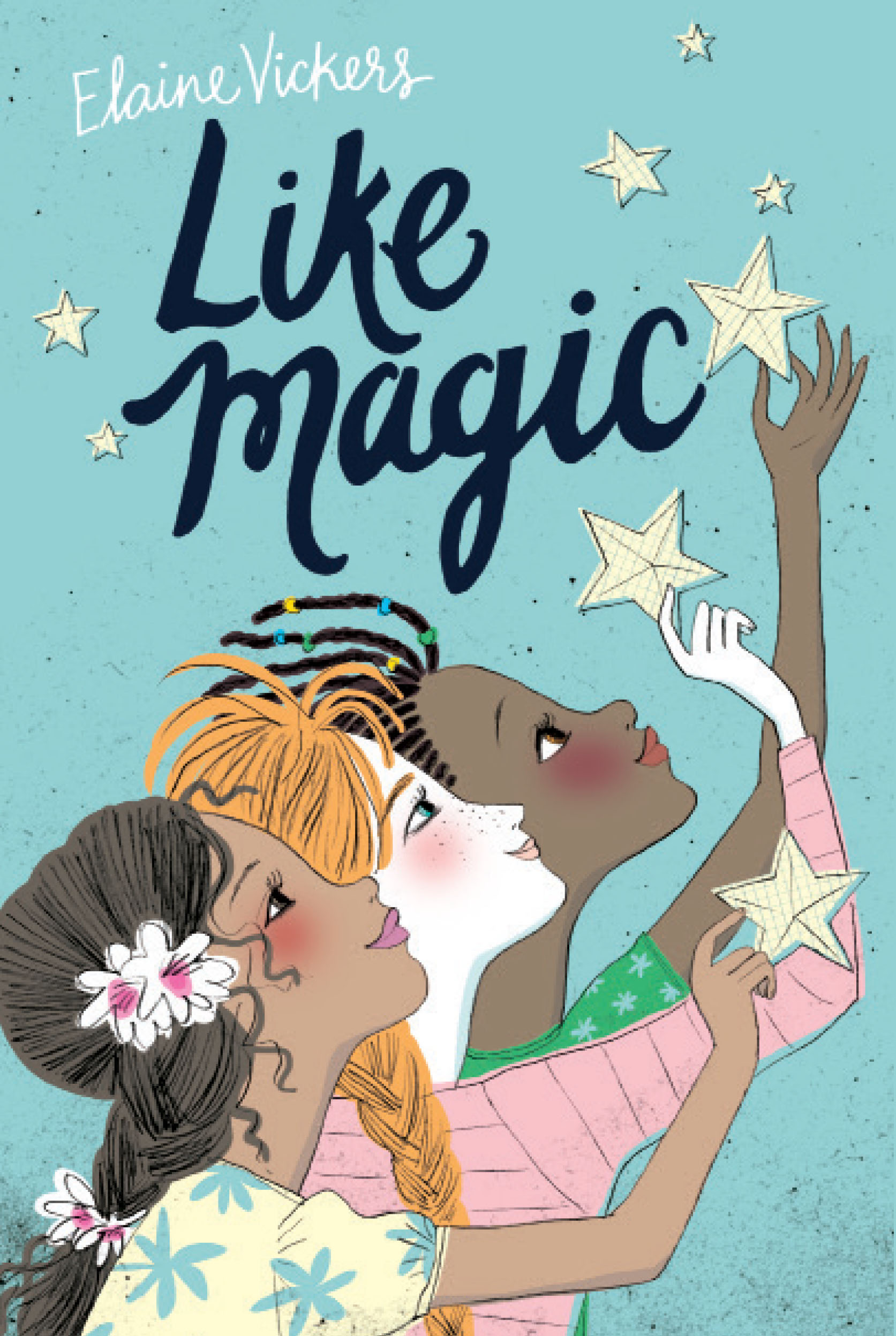
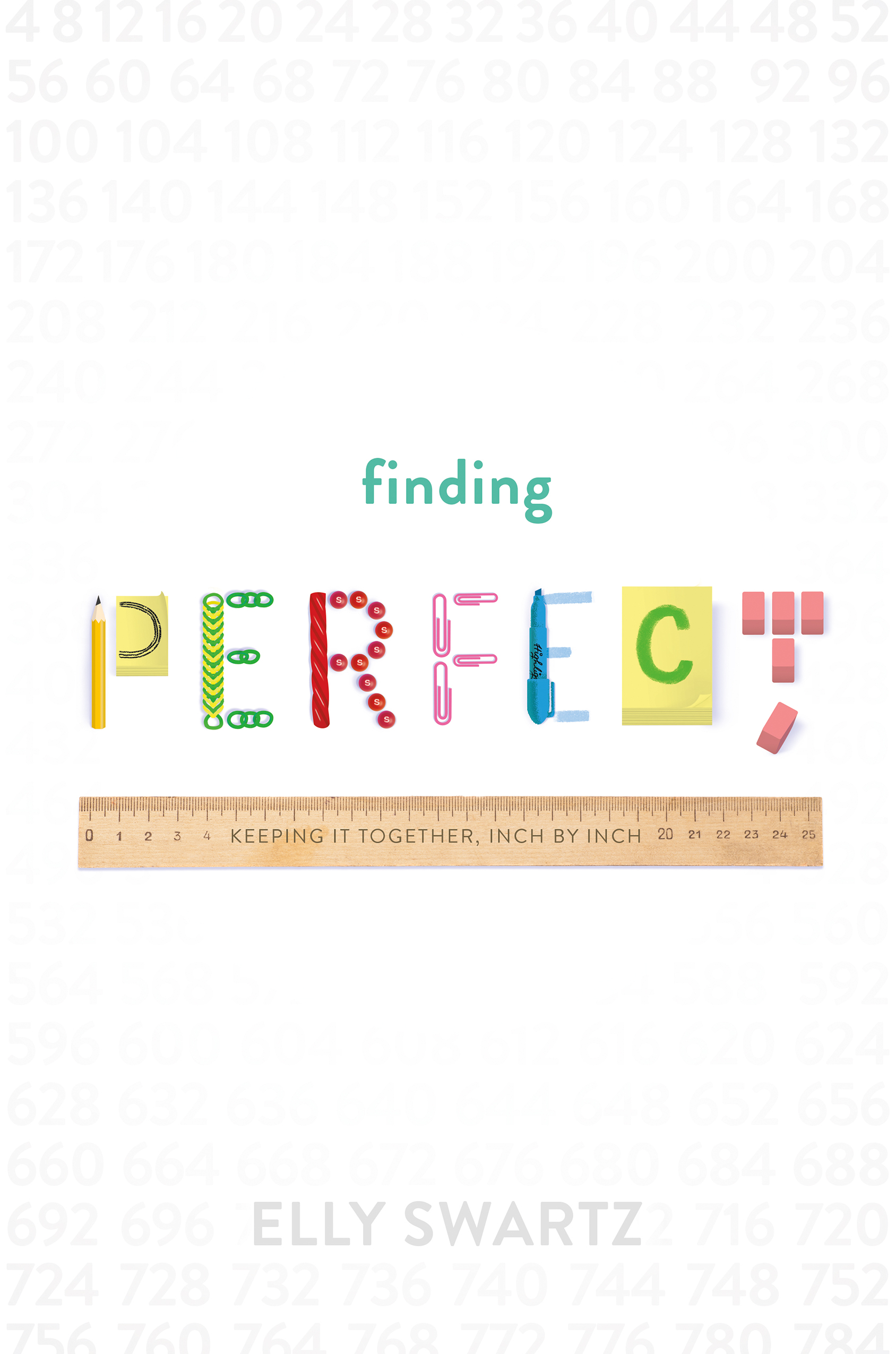
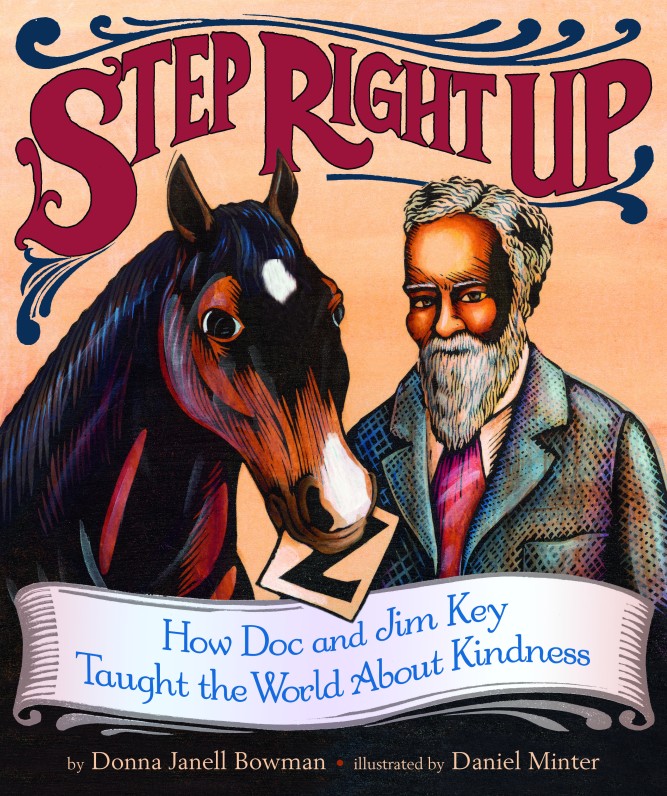
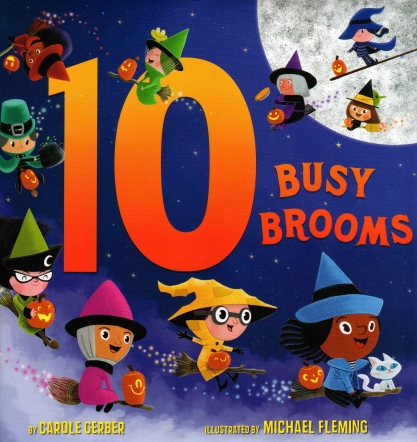
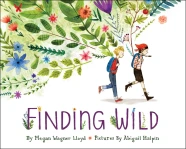
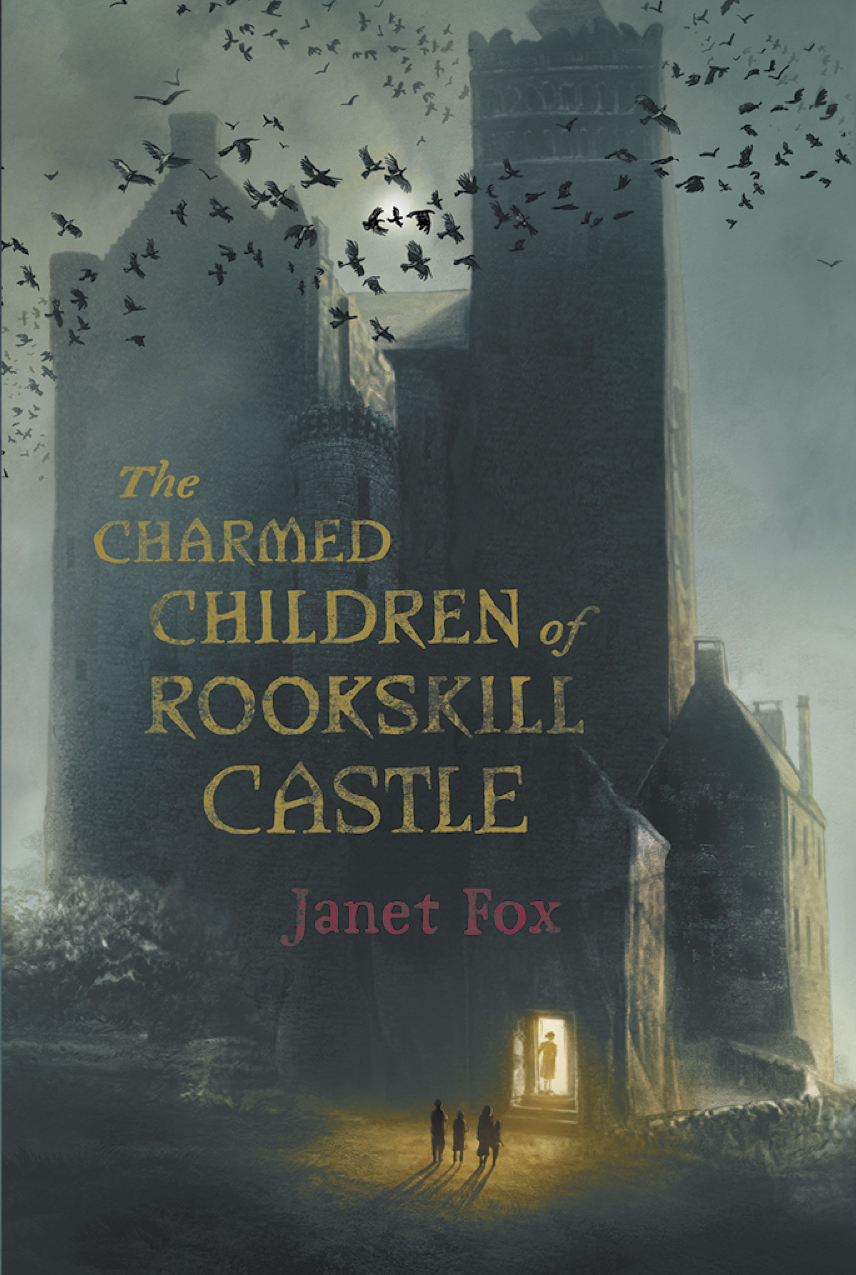
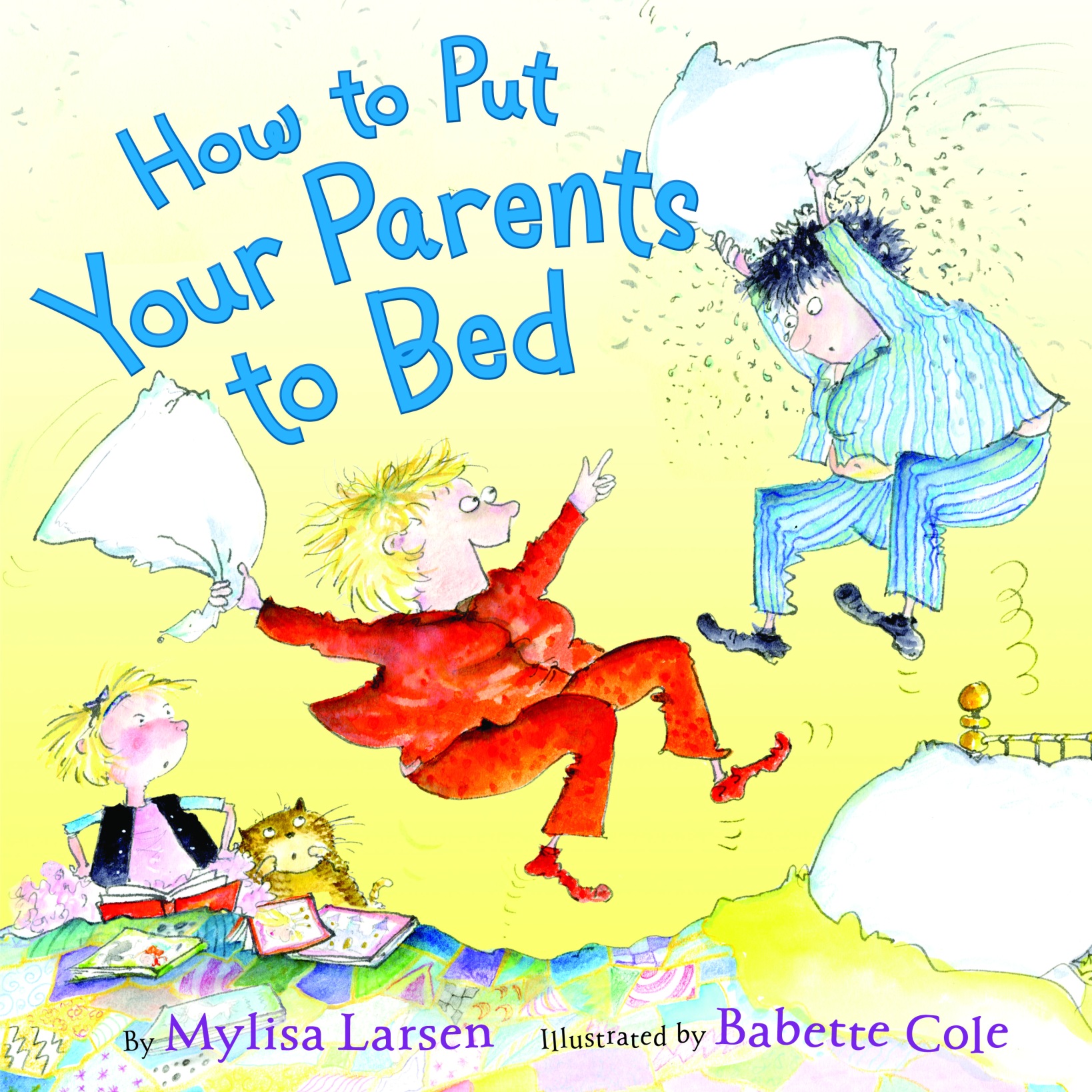



A a blogger and a blog-reader, I love book giveaways and I love ARCs. The chance to be the first to read a new book is a thrill! But I never thought that ARCs might be floating around out there for sale. After all, it says it on the book: “NOT FOR SALE.” What a shame that there’s yet ANOTHER thing for authors to worry about.
LikeLike
Fascinating and informative post, Peter! Thank you.
LikeLike
Yeah, I’ve seen ARCs of my book on eBay too. Annoying. But I’ve decided to take the same approach as you. Who knows, if someone wants it enough to buy an illegal copy, maybe they’ll like it enough to tell their friends about it. 🙂
LikeLike
Pingback: To Rant or Redirect: dealing with e-pirates (Arrrgh!) | EMU's Debuts
It would be interesting to know who is actually buying ARCs. It would seem to me that , ARCs of first-time, unknown authors wouldn’t sell (unless the sell to the authors themselves). But obviously people are making money if they’re going to the trouble to post the ARCs on ebay.
Thanks for the informative post, Peter!
LikeLike